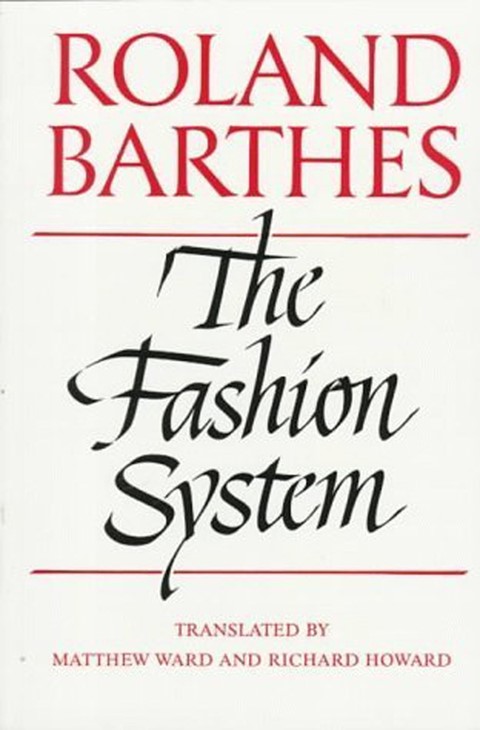In his groundbreaking novel, Nadja, which has appeared, since its publication in 1928, to be the absolute masterpiece of the surrealist movement, the French poet and writer André Breton evokes a conversation he had with his lover, whose name he
In his groundbreaking novel, Nadja, which has appeared, since its publication in 1928, to be the absolute masterpiece of the surrealist movement, the French poet and writer André Breton evokes a conversation he had with his lover, whose name he chose for the book. Referring to a previous work of his, she tells him: “The Lost Steps: they just don’t exist.” Recently, while asked about the possibility of such a thing as an “intellectual fashion”, the model Freja Beha Erichsen is rumoured to have answered: “it just doesn’t exist.”
Nonetheless, there is a tradition of thinkers, scholars, and writers being interested in the way people dress, its symbolism, and its meaning. Perhaps one should be reminded of the marvelous pages Marcel Proust wrote on Fortuny and his Venetian costumes. Moreover, isn’t there a very famous book, by French philosopher and critic Roland Barthes, entitled The Fashion System? One is faced by an apparent contradiction: the public image of fashion, as a shallow world, made of social events, and the fact that its joy has always attracted creative minds from other fields.
But one shouldn’t be fooled by these rules of attraction: when Barthes wrote The Fashion System, he wasn’t meaning “fashion” as a universe, or, at least, as a world. What he perceived, and what he was interested in, was a discourse; or, to put it in other words, the very specific language women’s magazines had developed. What’s more, he never tried to enlighten the hidden aspects of artistic inspiration that are related to it. In the context of the 1960s, he was only trying to prove that the somehow “scientific” semiology could be used to analyse everything, including Elle, Vogue, or Marie-Claire.
What becomes visible, as soon as one starts to look at it, is the fact that the interaction presupposed in an expression such as “An Intellectual Fashion” results most of the time of a double misunderstanding, and of reciprocal ignorance. Most intellectuals see fashion from the outside, whereas most fashion people do not necessarily have an in-depth knowledge of the hermeneutic tools they could use to better understand what they are doing.
As a consequence, the aim of this column will be to bridge this gap, and to ask prominent contributors coming from very different milieus and backgrounds to provide an insight on their perspective on fashion, by connecting it to literature, the arts, philosophy and politics. Therefore, contributors will range from designers to philosophers, from photographers to editors, from writers to filmmakers, from academics to artists, in order to produce again the extraordinary intelligence with which Baudelaire once wrote about elegance, the unique inspiration that enabled Yves Saint Laurent to revisit, day by day, the whole history of art.
Text by Donatien Grau
In two weeks Donatien will be interviewing French philosopher Bernard-Henri Levy
